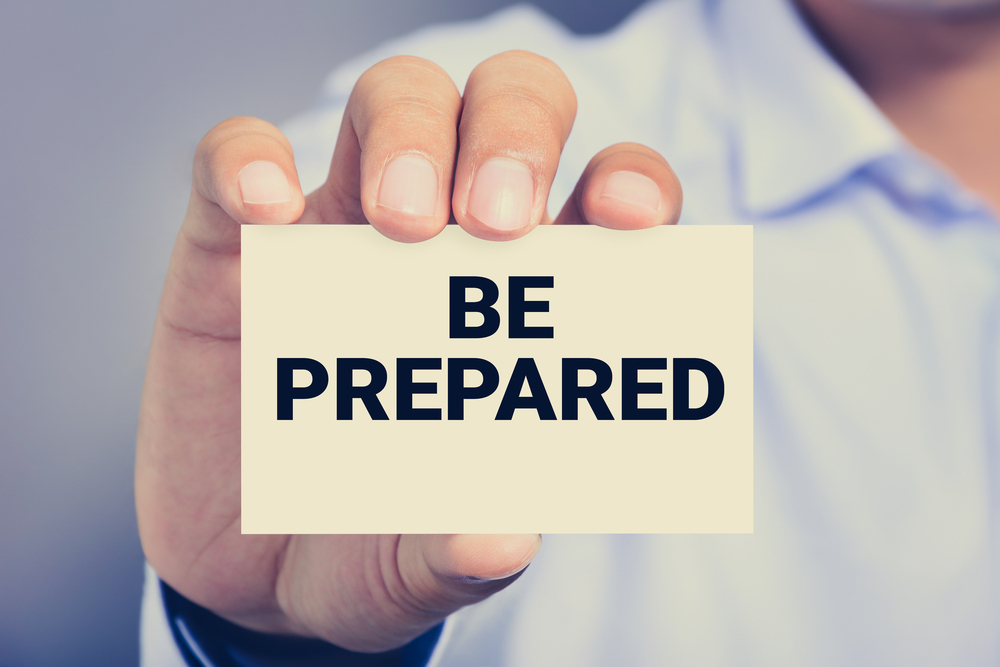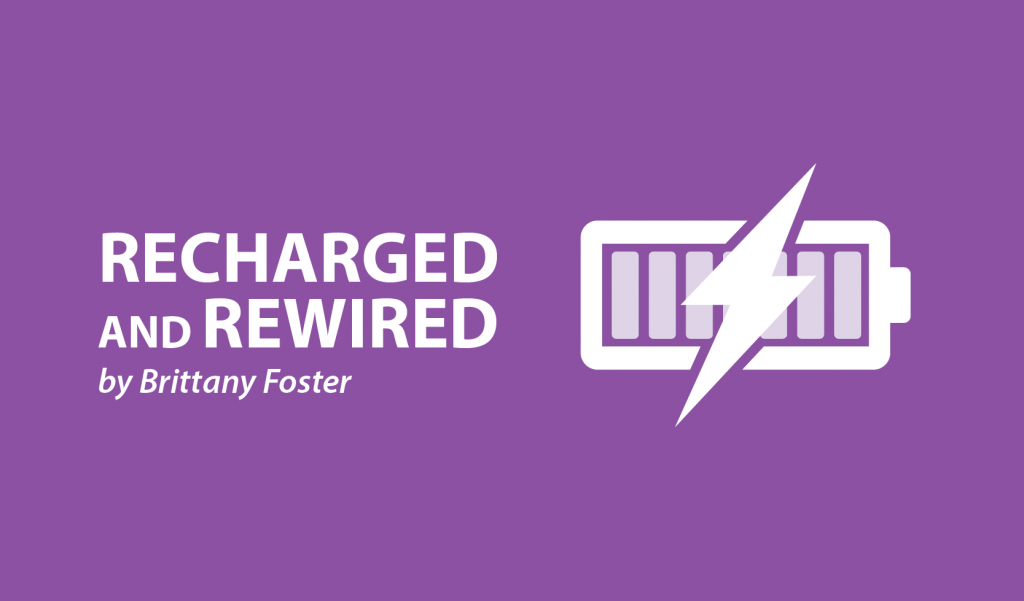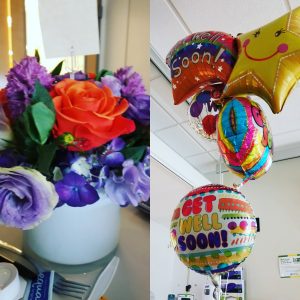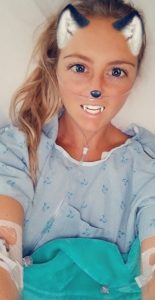A Survival Guide for Being Admitted to the Hospital
Written by |

Thinking back to my most recent hospital admission makes me realize just how important it is to know my warning signs. With pulmonary hypertension and chronic illness, we are no stranger to emergency room visits and overnight hospital stays.
Hospital admissions don’t come with an instruction manual. It seems as if we are thrown into the chronic illness life and have to learn as we go. Here’s to hoping that a “hospital admission survival guide” can provide a little humor and some helpful tips to make your stay as painless as possible.
1. Make the call. I like to play the “I’m fine … nope, I’m dying” game with myself when I’m not feeling well. I get into an inner conflict about calling the doctor versus not calling. My advice is to ALWAYS make the call. The doctor will view your health records, listen to your concerns, and decide if it is an emergency or not. Calling a doctor can also make getting into the emergency room a lot smoother if they’re already expecting you.
2. Prepare to do a LOT of talking. In the hospital, you will be asked to repeat your story dozens of times. This is because different doctors are in charge of your care. Write your symptoms down beforehand. Sometimes when the doctor comes in, I easily forget details because I’m nervous. Making a list of what I’ve been experiencing in a note on my phone is helpful so that I can refer to it quickly. If someone is with me, I can give them the note and they can share it if I am unable to speak for myself.
3. B.Y.O.P.+B. Bring your own pillow and blanket. When you’re overnight in a hospital, try to make it as comfortable as possible. Having your own blanket and pillow allows you to have a piece of home with you. If you own a body pillow, bring one, too. Hospital beds can stiffen up your lower back.
4. What to pack in your bag. Pack an overnight bag beforehand if you anticipate a stay (or even if you don’t). In the bag, be sure to bring the essentials. My essentials are: a button-down shirt, shorts, a change of underwear, dry shampoo, hair elastic, toothbrush, lotion, phone charger, Chap Stick, books, colored pencils, and snacks.
5. Keep your brain sharp. In the hospital, it’s easy to feel like you’re losing your mind. The beeping of monitors and the wake-up calls at 3 a.m. are enough to drive anyone crazy. Keep your mind busy with books, puzzles, phone games, coloring books, crafts, movies, and my personal favorite, Snapchat.
6. Add color. Brighten the room with balloons and flowers!
7. Find humor in the little things. Find ways to add laughter to your day, either with a funny movie or by calling a friend who makes you laugh.
8. Remember to remain an active part of your care. When you’re admitted, you see many different doctors who add their own input. Take down the doctors’ names, any important information they share, information regarding testing, and test results. Taking notes and asking questions allow you to feel like you’re playing an active role in your medical care.
9. Food matters. Hospital food isn’t exactly the greatest, but we HAVE to eat to heal. Even if you are unable to keep down an actual meal when you’re admitted, drinking supplements and protein shakes will ensure that you have some strength. Also, don’t forget about the endless ice cream, a hospital perk.
10. Advocate. It’s overwhelming to be admitted to a hospital. If you have a question about your care, ask. If you’re nervous about testing, express your feelings. Someone always is available to help talk you through anything.
Hospital admissions are never easy. They’re reminders of our illness and a reality check that we just don’t need. I hold onto anything that can make my hospital stays more manageable and as comfortable as possible. It’s easy to feel lost among all the doctors, equipment, and loud machines.
Hospitals are overwhelming. Remind yourself when you’re in the hospital that you’re still you. You are worthy of the best care, you’re worthy of feeling better, and you’re doing all you can.
***
Note: Pulmonary Hypertension News is strictly a news and information website about the disease. It does not provide medical advice, diagnosis, or treatment. This content is not intended to be a substitute for professional medical advice, diagnosis, or treatment. Always seek the advice of your physician or other qualified health provider with any questions you may have regarding a medical condition. Never disregard professional medical advice or delay in seeking it because of something you have read on this website. The opinions expressed in this column are not those of Pulmonary Hypertension News or its parent company, Bionews Services, and are intended to spark discussion about issues pertaining to pulmonary hypertension.







Shavonne
PH Meds are at top of list for an admission. Essential we bring the actual medication along with a list of all other meds.
Maureen Keane
Lol your comment on hospital food. The U of Washington Med Center has great food. Even when I was in ICU. Gave me something to look forward to.